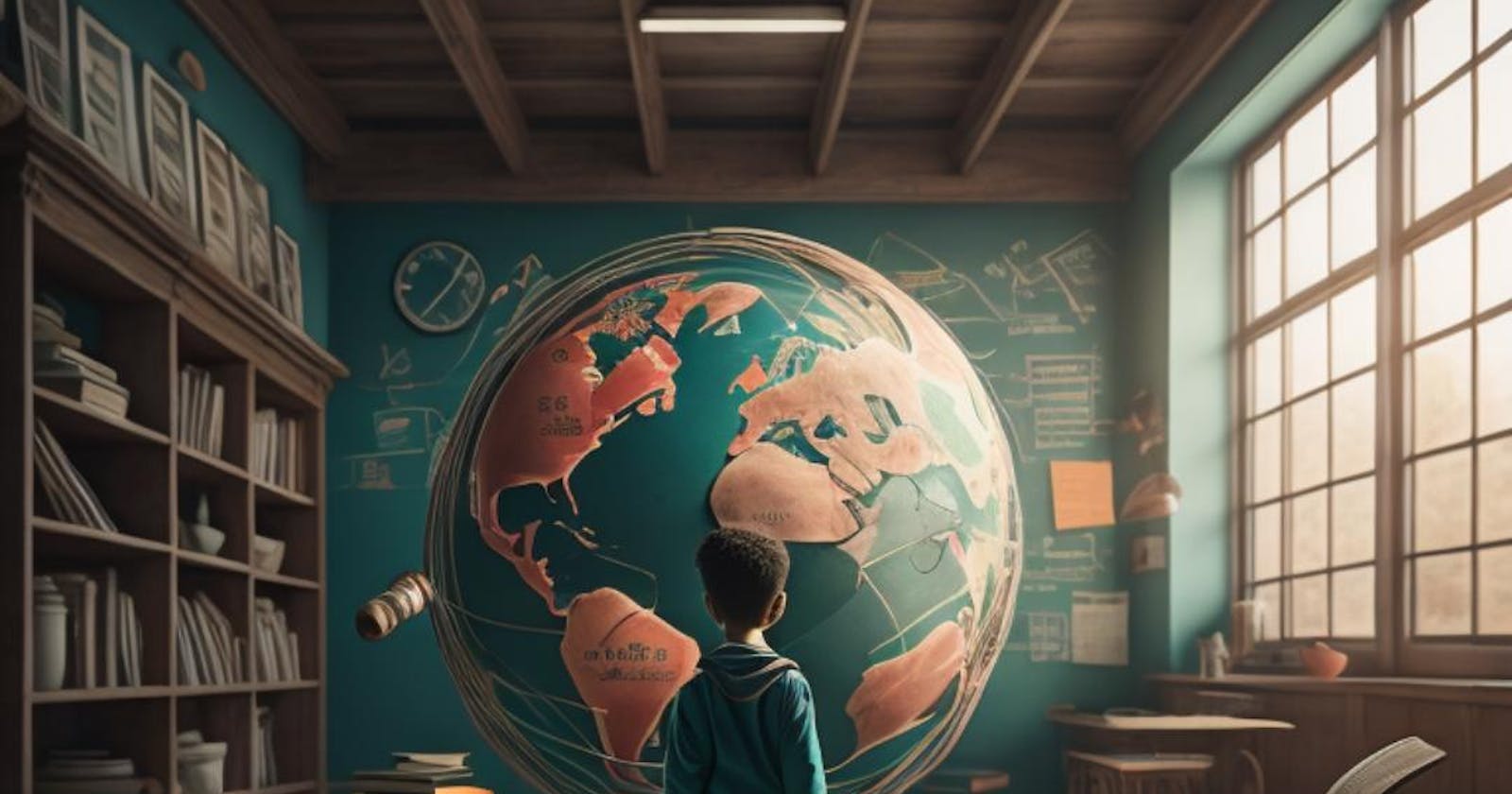🌟 Unleashing the Power of Virtual Reality and Augmented Reality: Transforming Education in the Digital Age
🔍 Exploring the Future of Learning: How VR/AR Technologies Revolutionize Engagement, Retention, and Access in the Classroom
In recent years, the advancements in virtual and augmented reality (VR/AR) technologies have sparked excitement and exploration across various fields, including medicine, entertainment and education. Within the realm of education, educators have begun harnessing the potential of VR/AR as a transformative tool to enhance student engagement and improve learning outcomes in the classroom. In this captivating blog post, we will embark on a journey to uncover the current state of VR/AR in education, explore its potential benefits and drawbacks and envision the future implications of this rapidly evolving technology. 💫🌟🚀
Current State of VR/AR in Education: A Glimpse into the Possibilities🔍🎓🌟
While the integration of VR/AR technologies in education is still at an early stage, compelling research has already emerged, showcasing their positive impact on student engagement and knowledge retention. For instance, a notable study conducted by researchers at the University of Maryland demonstrated that students who utilized a VR simulation of a chemical lab achieved significantly higher test scores compared to their counterparts using traditional textbooks. Another groundbreaking study conducted by a collaboration of MIT, Stanford and Microsoft researchers revealed that students exploring a virtual archaeological site through an AR app retained more information compared to those relying solely on textbooks. 📚💡🔬🔍
Potential Benefits and Drawbacks of VR/AR in Education: Unleashing the Power ✨
Unveiling the immense potential of VR/AR in education, we discover a range of benefits that can revolutionize the learning experience:
🔍 Increased Engagement: VR/AR offers a unique opportunity to immerse students in an interactive learning environment, fostering heightened engagement and participation. 🎉
🎯 Enhanced Knowledge Retention: By providing students with memorable and experiential learning encounters, VR/AR enables improved knowledge retention and transfer of learned concepts. 🌟
🌍 Accessibility Amplified: Overcoming geographical barriers, VR/AR bridges the gap by granting students access to educational experiences that may be unattainable within their physical surroundings. 🌐
However, it is essential to acknowledge the potential drawbacks of VR/AR in education:
💰 Cost Considerations: Implementing and maintaining VR/AR technologies can present financial challenges, particularly for schools with limited budgets, hindering widespread adoption. 💸
🛠 Technical Hurdles: Given the evolving nature of VR/AR technologies, technical errors and complexities may arise, requiring adequate setup and troubleshooting. 🔧
🚫 The Distraction Dilemma: The immersive nature of VR/AR experiences may inadvertently shift focus away from the intended educational content, posing a potential distraction for students. 🙈
Future Implications of VR/AR in Education: Envisioning the Uncharted Territory
As VR/AR technologies continue to progress, their future implications in education are vast and promising:
🔒 Personalized Learning Experiences: VR/AR holds the potential to unlock personalized and adaptive learning journeys tailored to individual student needs, revolutionizing the way education is delivered.
🌐 Globalized Learning Adventures: Through the power of VR/AR, students can transcend physical boundaries, virtually exploring diverse cultures and environments, expanding their global perspective without leaving the classroom.
🚪 Expanded Access to Education: Overcoming financial and logistical barriers, VR/AR opens doors to educational experiences that may otherwise be inaccessible, democratizing education for all.
In conclusion, the integration of VR/AR in education stands poised to reshape the learning landscape, fostering deeper engagement and amplifying knowledge retention. 💡 While challenges remain on the horizon, advancements in technology and increasing adoption pave the way for a future where VR/AR becomes a commonplace tool within classrooms worldwide, empowering students and educators alike to embark on extraordinary educational journeys. 🌍✨
